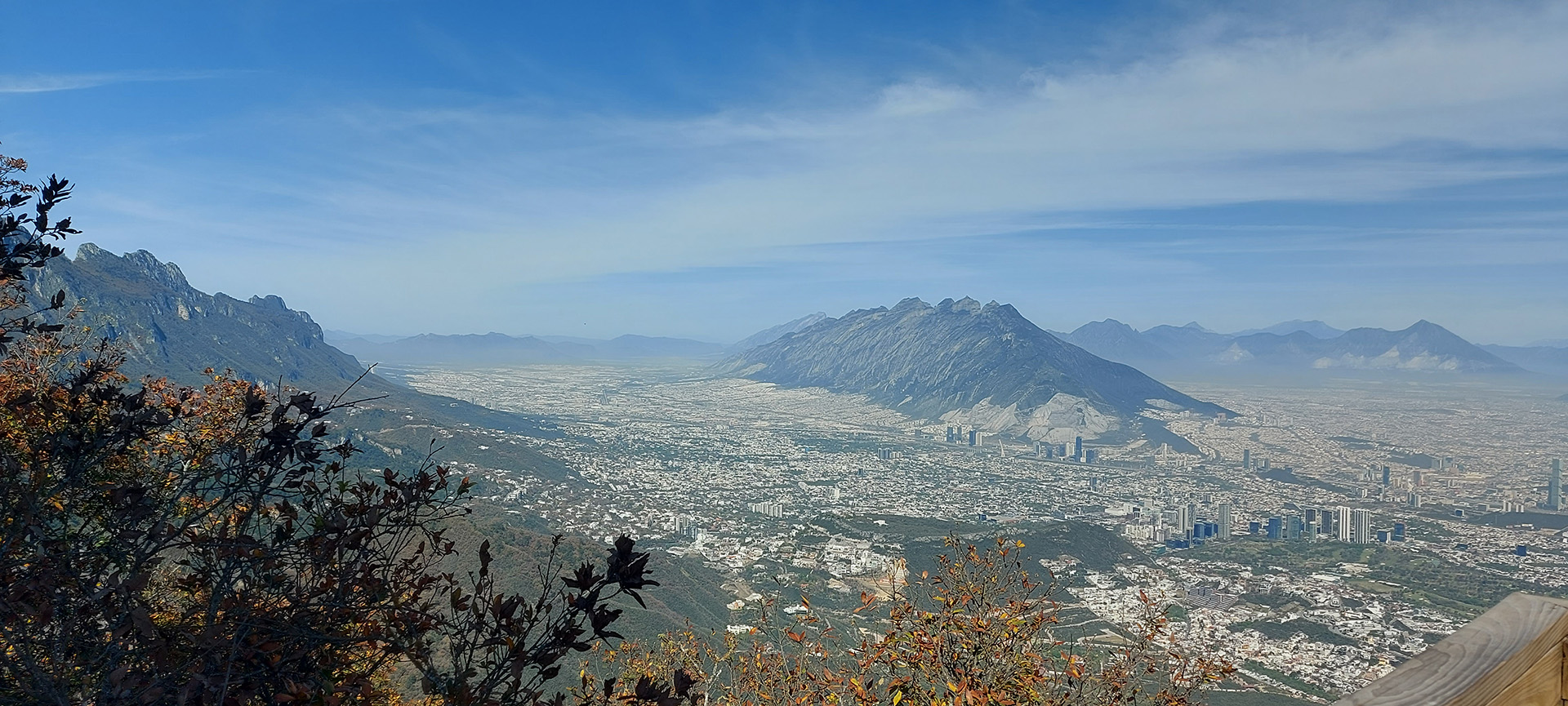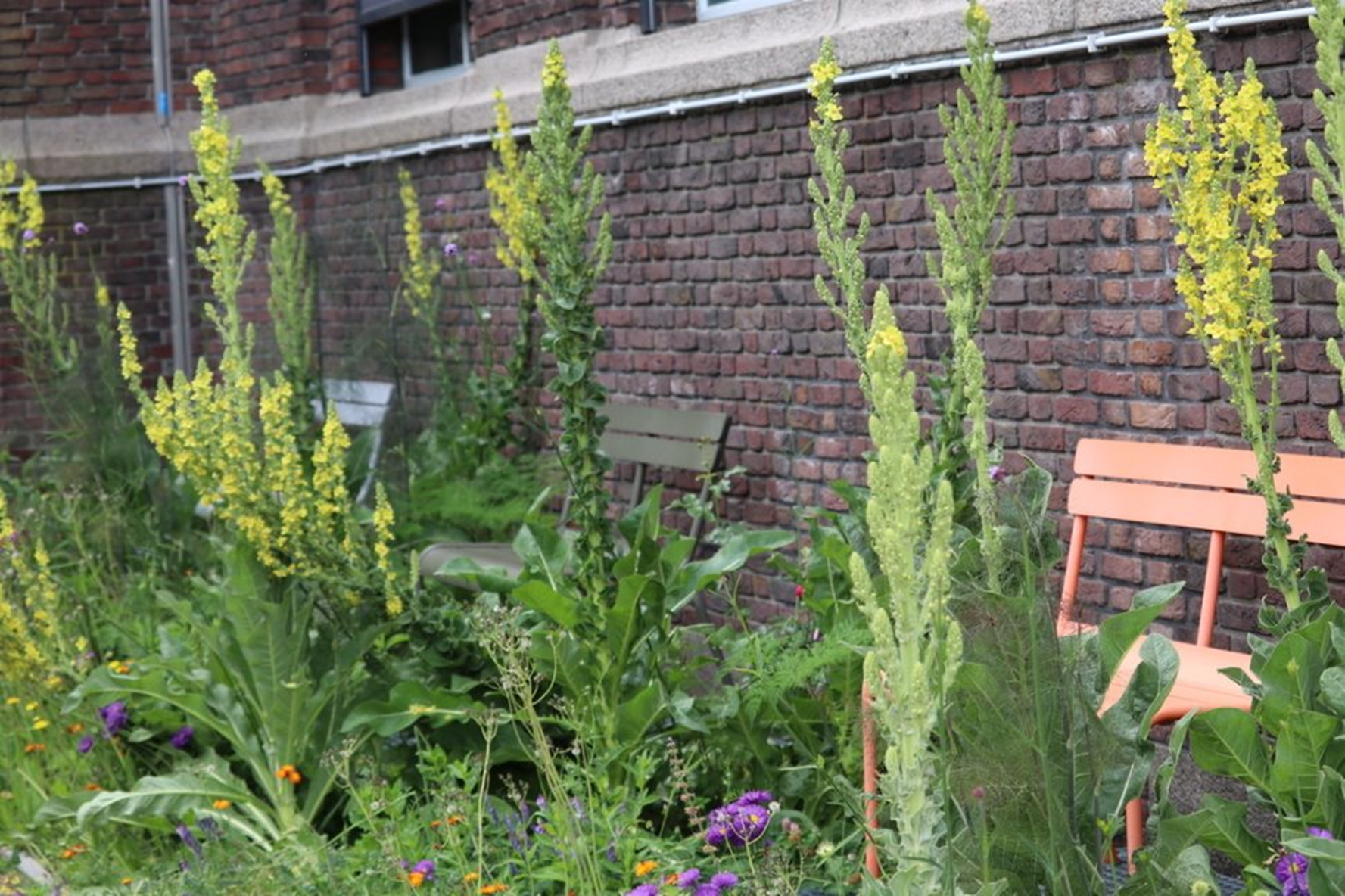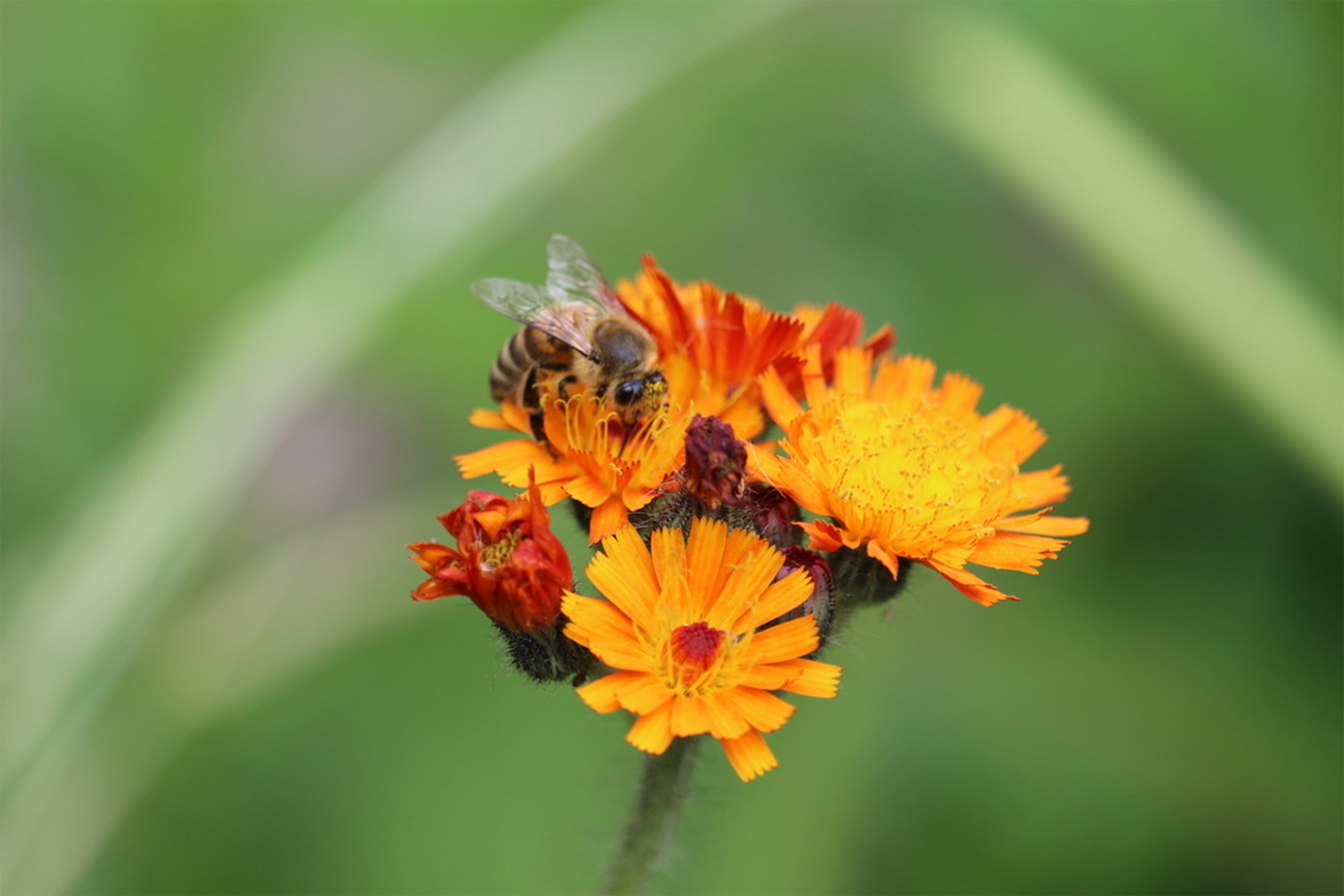Start of a new MOOC: Urban Ecology Design
It is vital to address current and future challenges in the built environment as quickly as possible. Think of heat stress, loss of biodiversity, and flooding. Therefore, we invite you to follow the new Massive Open Online Course (MOOC) Urban Ecology Design. You will learn how to contribute to a more biodiverse, nature-inclusive, and sustainable built environment by applying nature-based solutions in designs and policy.
Urban ecology as a crucial pillar of urban development
"Urban ecology can have a positive impact in many areas: not only biodiversity but also climate adaptation, health, water and energy consumption, and circularity," says Nico Tillie, head of the Urban Ecology Design Lab (UEDL) at TU Delft and lecturer and initiator of this MOOC. Rosa de Wolf, PhD candidate at the UEDL and lecturer in the MOOC, explains: ''With Urban Ecology Design we strive for a balance between human culture and the natural environment, to create a habitat for both people and other organisms in the built environment.”
Urban Ecosystem: Monterrey. Picture by Eline Holtes.
During this MOOC, you will explore the art and science of 'nature-based design' at the system, habitat, and species level. You will research innovative concepts such as (tree) wadis, which not only improve water infiltration and biodiversity but also enhance overall spatial quality. Sjef Jansen, ecologist and teacher in the MOOC, provides an example: “One of the problems in achieving more biodiversity in the city is accessibility. Species cannot reach suitable habitats, or the suitable habitats are too small. Ecological networks can solve this issue.’’
Urban Habitat: the Dean’s Garden, Faculty of Architecture and the Built Environment. Picture by Rosa de Wolf.
Balance between culture and nature
The MOOC is designed for a wide range of professionals: architects, landscape architects, urban planners, civil engineers, water managers, decision-makers, budget allocators, policymakers, and all other green stakeholders. It offers a unique opportunity to deepen your knowledge and develop your skills in order to incorporate biodiversity and urban ecology into your designs, policies, and practices. You will discover the benefits of ecosystem services and learn to investigate the spatial layout and distribution of ecotypes.
This course [teaches] how to bring together and shape the habitat of people and other organisms.
Eline Holtes
The approach of this course goes beyond conventional practices, to increase ecological functioning within cities. The core philosophy is to find a harmonious balance between human culture and the natural environment, taking into account both the possibilities and limitations of natural systems. You will learn about the complicated relationships between different living organisms, including humans, and their environment. Eline Onih Holtes, a graduate student in the UEDL and student assistant of the MOOC: “This course grants a solid knowledge base of how to bring together and shape the habitat of people and other organisms through different scales: from the urban ecosystem and habitat to designing for specific target species.”
Designing for species: bee sitting on flower. Picture by Rosa de Wolf.
- The first edition of this six-week online course starts on 1 May 2024.
- For more information and to register, visit the website of TU Delft Online Learning.
- The online course 'Urban Ecology Design' was developed by the Urban Ecology Design Lab at the Faculty of Architecture and the Built Environment, TU Delft, in collaboration with Marco Roos from Naturalis and Rob Roggema from the Tecnológico de Monterrey, Mexico.



